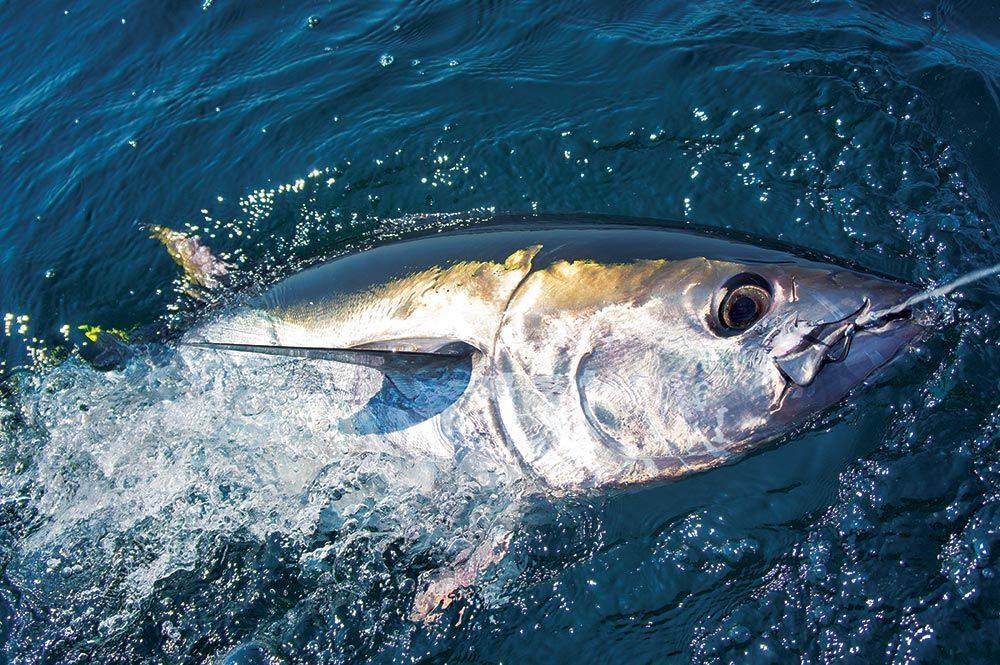
Anglers Against Pollution
Angling Trust’s call for water companies’ fines to be invested in the environment accepted by the government
The government has announced that fines handed out to water companies for polluting our rivers will be reinvested into environmental improvements.
Presently, fines paid by water companies – over £141m since 2015 – disappear into the Treasury with no benefit to the environment for the damage caused. This change will mean future fines will be used for environmental improvements such as creating wetlands, re-vegetating riverbanks and reconnecting meanders to the main channel of rivers.
Jamie Cook, CEO of the Angling Trust, said:
“We welcome this move by Defra and the Treasury. We have been campaigning for this change and justice for our rivers, seas and fish from the damage water companies have done for a long time.
“We wrote to MPs in November 2021 calling for this course of action to be implemented. Following a huge amount of work behind the scenes and another year’s worth of proactive campaigning on behalf of the angling community we are pleased to see that the government have now adopted this logical suggestion.
“Fish Legal have always worked on the basis of returning damages to the impacted club or fishery where resource is needed to re-build, and we must now ensure that this commitment by Defra is directed to where the resource is required to make a difference for fish and the environments they depend upon.
“This should not be a decision for Defra alone. We have been calling for such a fund to be administered by a national panel run by Defra and the Environment Agency with an independent chair, NGO representatives and technical specialists.”
This announcement comes ahead of the COP15 global biodiversity conference in Montréal. Globally, wildlife populations have dropped by 69% since 1970 but freshwater habitats have seen a decline of 83%, and migratory fish numbers in Europe have crashed by an alarming 93%.
Sir Charles Walker MP, chair of the Angling Trust, said:
“This is fantastic news for our rivers. If follows that the polluter pays principle should be extended to the restoration of damaged water courses. The Angling Trust backed the River Restoration Fund more than a year ago and now it’s been delivered.”
Further details of this change will be published next year. Given that only 14% of our water bodies meet good ecological status, and none meet good chemical status under the Water Framework Directive, this could make a significant difference if designed correctly. The Angling Trust will be engaging with Defra and the Treasury in the design of the scheme and in how any money raised is spent.
Improving our freshwater and coastal environment is vitally important if we are going to meet the commitment set out in the Environment Act and through the government’s own environmental improvement plans. Restoring our rivers back to a near natural state will bring immense benefits, not only to the environment but also to the health and wellbeing of many people who enjoy the connections with our natural world through our blue spaces. Anglers know this better than anyone.
Stuart Singleton-White, Head of Campaigns at the Angling Trust, said:
“The Angling Trust has been presenting evidence to Defra, Environmental Audit Committee and MPs on just how potentially game changing such a move could be. There is an irony that we can secure compensation for small pollution incidents through a process called environmental undertakings, seeing that money reinvested in improving the environment and helping rivers and fish stocks recover. Yet, when it came to the big damage and the big fines, the environment and our fish get nothing.
“We need to consider the detail carefully; this must be new money and cannot be used to replace the investment Defra have already committed. We want to see a level of independence introduced in how any money raised through future fines is then spent.
“Central to any schemes this proposal will fund in the future is to see improvements to our fisheries and actions to support healthy fish populations across all our waters. Investment in supporting the recovery of Atlantic salmon or improving sea grass meadows as vital nursery grounds for sea bass are just two examples of urgent action this funding can support.”
You might also like

Tuffers bowled over by the benefits of angling and…

Young nature warriors reel in success with Get Fishing…

Bury women’s community group gives fishing a go

NEW BLOG: Reeling in education – fishing in school…

Angling Trust launches first of its kind water quality…

DRENNAN BARNSLEY WIN TEAM COMMERICAL NATIONAL

Penny Gane to step down from Fish Legal after…

Angling Trust’s position on the 2025 Recreational Catch and…

Wild Fishing – The ultimate “where to fish” book…

NEW FRESHWATER SPECIES HUNT LAUNCHES

2025: Bluefin Tuna Recreational Fishing Permit Applications Open

Angling Trust and Clubmate: strengthening our partnership

Tuffers bowled over by the benefits of angling and…

Young nature warriors reel in success with Get Fishing…

Bury women’s community group gives fishing a go

NEW BLOG: Reeling in education – fishing in school…

Angling Trust launches first of its kind water quality…

DRENNAN BARNSLEY WIN TEAM COMMERICAL NATIONAL

Penny Gane to step down from Fish Legal after…

Angling Trust’s position on the 2025 Recreational Catch and…

Wild Fishing – The ultimate “where to fish” book…

NEW FRESHWATER SPECIES HUNT LAUNCHES

2025: Bluefin Tuna Recreational Fishing Permit Applications Open

Angling Trust and Clubmate: strengthening our partnership

Tuffers bowled over by the benefits of angling and…

Young nature warriors reel in success with Get Fishing…

Bury women’s community group gives fishing a go

NEW BLOG: Reeling in education – fishing in school…

Angling Trust launches first of its kind water quality…

DRENNAN BARNSLEY WIN TEAM COMMERICAL NATIONAL

Penny Gane to step down from Fish Legal after…

Angling Trust’s position on the 2025 Recreational Catch and…

Wild Fishing – The ultimate “where to fish” book…

NEW FRESHWATER SPECIES HUNT LAUNCHES

2025: Bluefin Tuna Recreational Fishing Permit Applications Open









